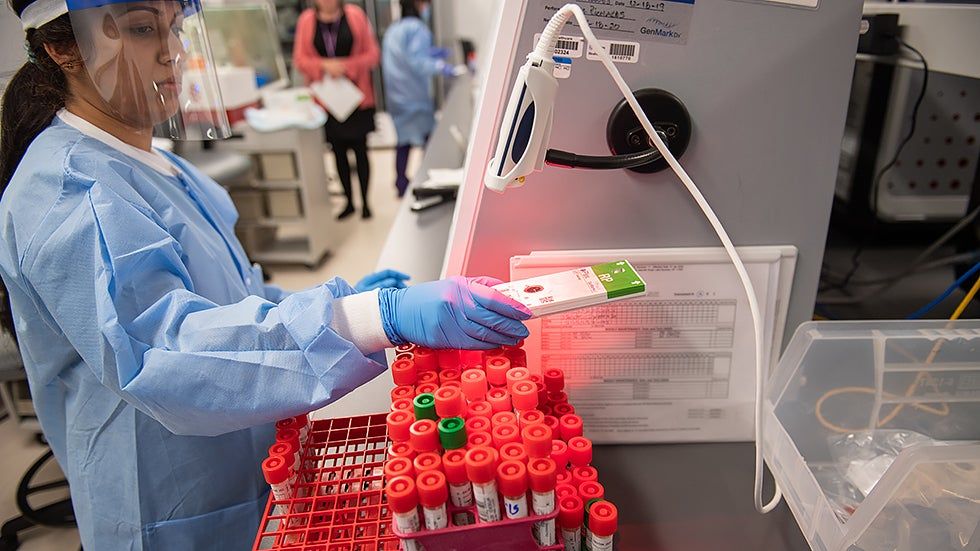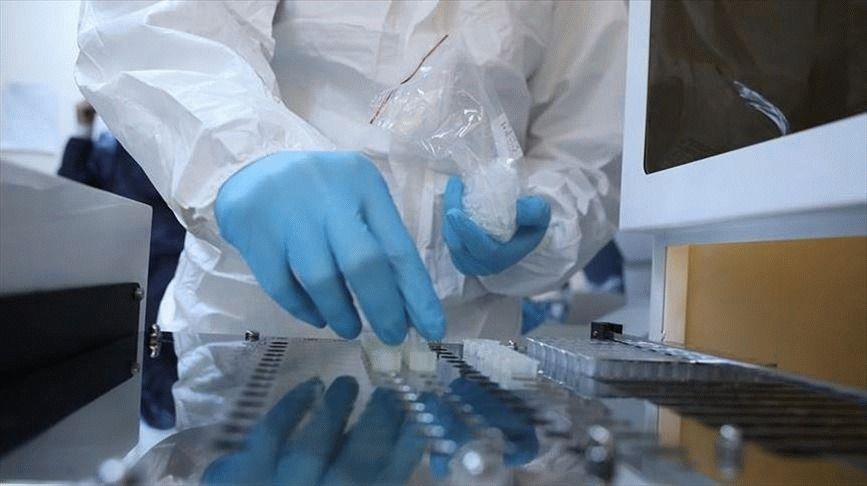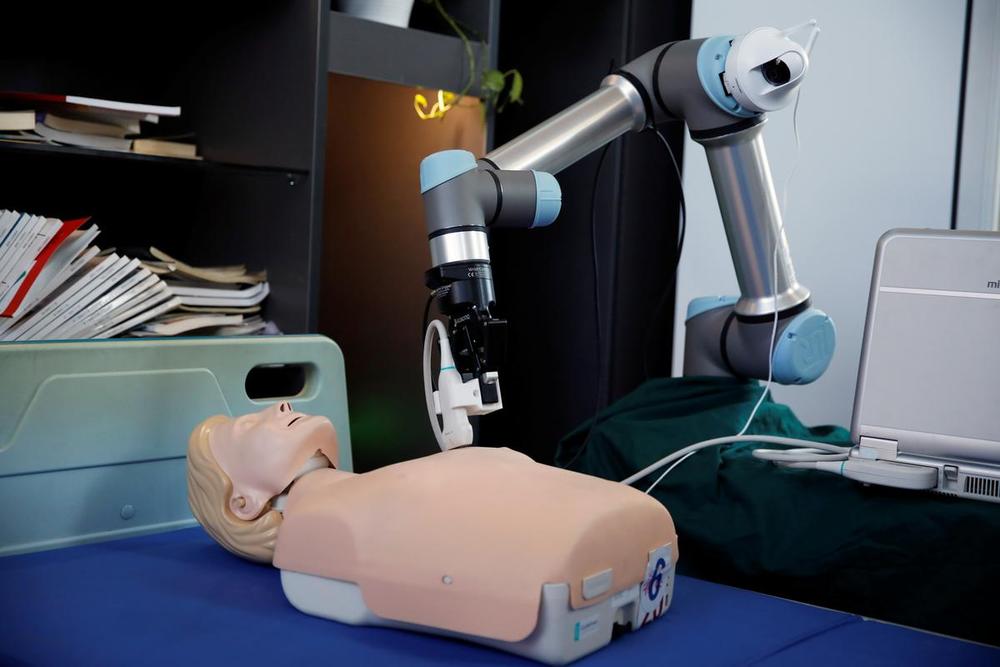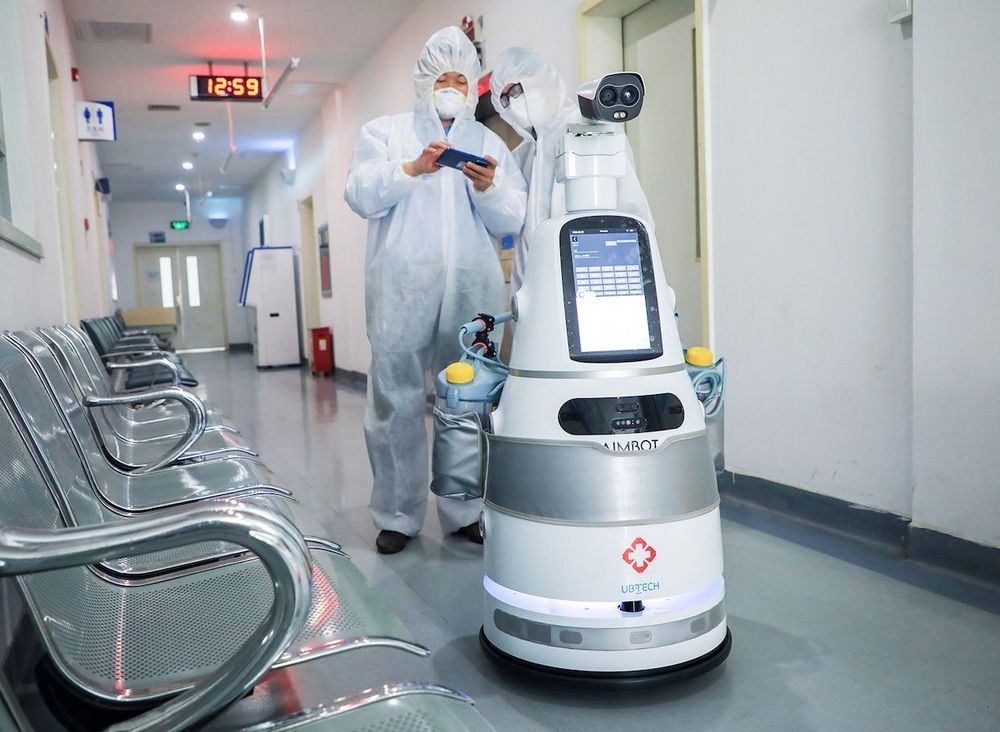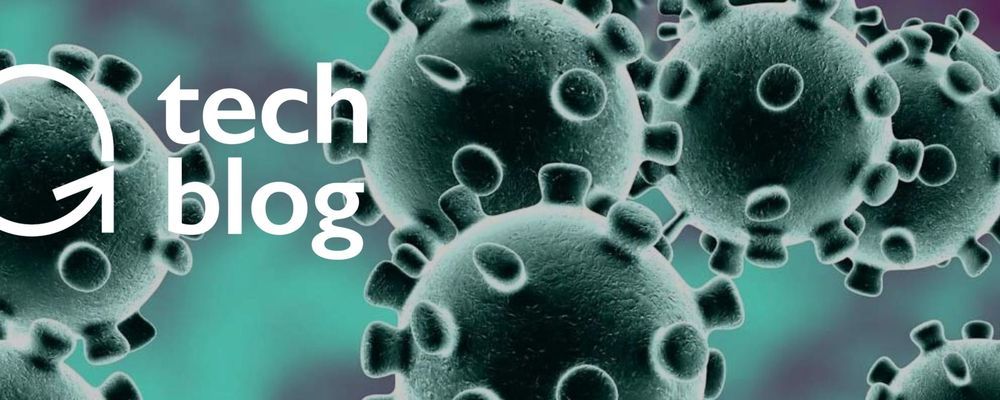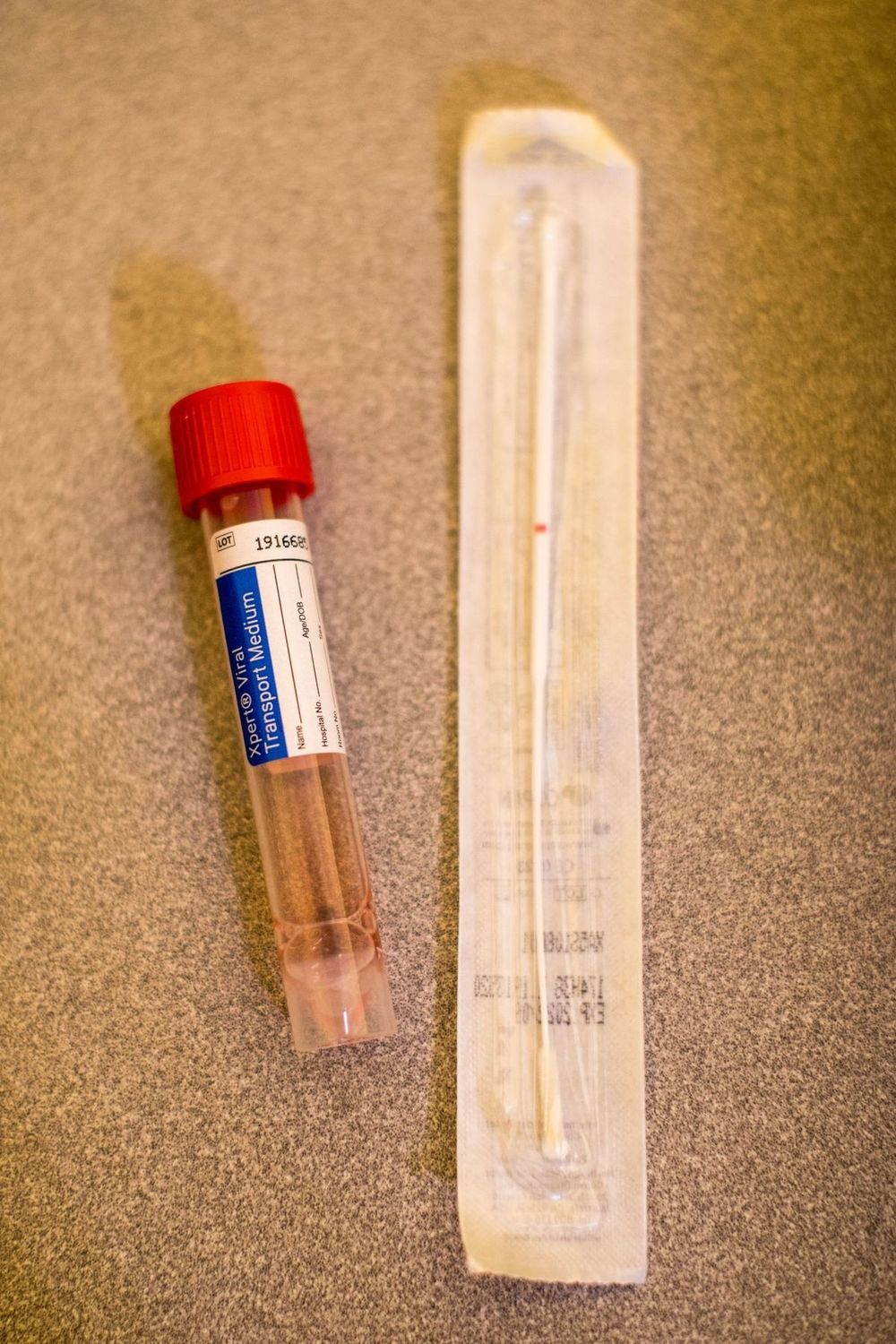Well this is good news. Now they just need to pour every dime into the manufacturing and hurry the hell up.
The Food and Drug Administration (FDA) has approved the first coronavirus diagnostic test that can be conducted entirely at the point of care.
The test from California-based Cepheid will deliver results in about 45 minutes — much faster than current tests that require a sample to be sent to a centralized lab, where results can take days.
The test has been designed to operate on any of Cepheid’s more than 23,000 automated GeneXpert Systems worldwide, of which 5,000 are in the U.S., the company said. The systems are already being used to test for conditions such as HIV and tuberculosis.
